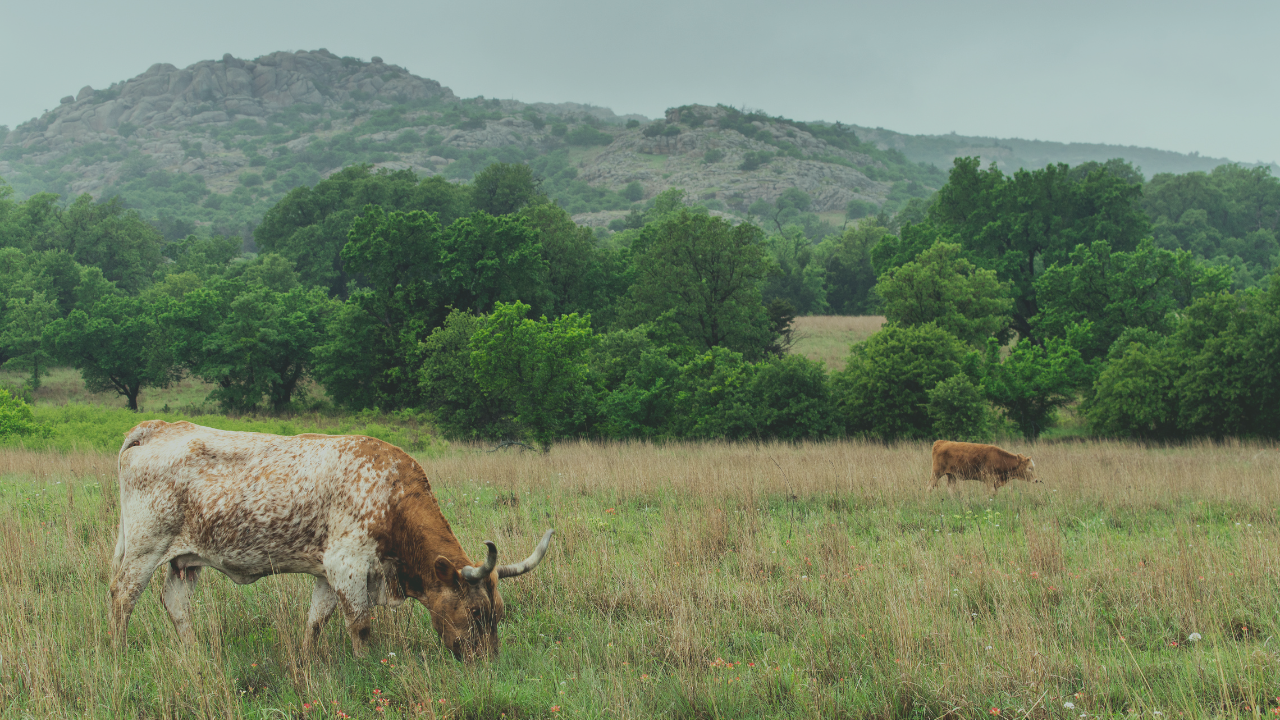
Texas Hill Country Land for Sale: Tips and Insights from a Texas Native
If you're searching for Texas Hill Country land for sale, you're not alone. With its rolling hills, scenic views, and peaceful way of life, the Hill Country has become a magnet for families, investors, retirees, second-home seekers, and those yearning to escape the urban hustle.
As a Texas native and experienced Austin-based realtor, I’ve helped countless clients navigate the process of purchasing land in this unique and beautiful region of Texas. Buying land here is not the same as buying a home in the city. It comes with specific considerations and potential challenges that buyers need to understand to make an informed decision.
In this comprehensive guide, I’ll walk you through the most important things to consider when buying land in the Texas Hill Country, from zoning and utilities to agriculture exemptions and financing options.
1. Understanding the Lay of the Land
The Texas Hill Country isn't just Austin and San Antonio. It stretches across Central Texas, covering over 25 counties including Travis, Hays, Blanco County, Gillespie, Llano, and Kerr. Each of these areas has its own character, zoning regulations, and growth trends. Some are more developed with paved roads and utilities in place, while others are raw, undeveloped acreage ideal for ranching or recreational use.
Before falling in love with a property, it's essential to determine:
-
Purpose of Your Purchase: Are you buying for investment, a future homesite, hunting, farming, or recreational use?
-
Topography and Soil: Rocky terrain may limit building options or increase development costs.
-
Access to Major Roads and Cities: This impacts resale value and convenience.
2. Zoning and Land Use Regulations
Zoning in the Hill Country can vary dramatically from one county to the next. Some rural areas have little to no zoning restrictions, while others are governed by strict county or municipal guidelines. It’s critical to:
-
Check zoning designations with the local planning department.
-
Understand land use limitations, especially in areas near water bodies, protected lands, or growing municipalities.
-
Be aware of deed restrictions or HOA guidelines, which can limit what you can build or how you can use the land.
Pro Tip:
Always request a copy of the property's plat map and consult with a local real estate attorney or land surveyor to confirm boundaries and legal access.
3. Utilities and Infrastructure: Don’t Assume They’re There
Unlike city lots, many parcels of Hill Country land do not come with ready-to-go utilities. You’ll need to consider:
-
Water Access: Is there a well, or will you need to drill one? According to the Texas Water Development Board, more than 60% of rural Texans rely on groundwater from private wells (twdb.texas.gov).
-
Check for water availability through the local Groundwater Conservation District.
-
Electricity: Is it nearby, or will you need to extend power lines? Contact local utility companies like PEC (Pedernales Electric Cooperative).
-
Sewer/Septic: Most rural properties require a septic system. You’ll need a percolation test to determine feasibility.
-
Internet and Cell Service: These can be spotty in remote areas. Satellite internet and cell boosters are often required.
4. Agricultural and Wildlife Exemptions
One of the best-kept secrets of owning land in Texas is the agricultural or wildlife valuation, commonly referred to as an “ag exemption.” These designations can significantly reduce your property taxes—sometimes by thousands of dollars per year.
To qualify:
-
You must use the land for a qualifying agricultural activity (e.g., cattle grazing, hay production, beekeeping).
-
In many counties, the land must have been used for this purpose for at least 5 of the past 7 years.
Alternatively, the Texas Hill Country has abundant wildlife. A wildlife exemption can be pursued if you manage the land to promote wildlife conservation.
Pro Tip:
Make sure the land already has an active exemption or consult with your county's appraisal district to understand the process to obtain or maintain one. For more information, check Texas Comptroller of Public Accounts, Agricultural Appraisal Guidelines.
5. Financing Land in the Hill Country
Financing land isn’t as straightforward as financing a home. Traditional lenders often don’t finance raw land, and when they do, the terms are stricter. You’ll typically need:
-
20-30% down payment
-
Shorter loan terms (15-20 years)
-
Higher interest rates compared to mortgage loans
Some specialized lenders and credit unions offer land loans with more flexible terms, such as:
It’s also common to encounter seller financing in rural areas. This can offer more flexible terms but requires careful legal vetting.
Pro Tip:
Get pre-qualified with a lender who specializes in rural land purchases before you start your search. This gives you a clear understanding of the price point you're searching in, and shows sellers you’re serious.
6. Environmental and Flood Considerations
Parts of the Texas Hill Country are prone to flash flooding, especially areas near creeks and low-lying roads. Make sure to:
-
Review the FEMA Flood Map for the property.
-
Understand local floodplain regulations.
-
Consider purchasing flood insurance, even if it’s not required.
Also, be aware of:
-
Endangered species protections (like the golden-cheeked warbler)
-
Karst terrain and cave systems that may limit development
7. Survey and Title Work
Never skip the survey when buying rural land. Surveys confirm boundaries, acreage, and legal access. Title work should also include a thorough examination of:
-
Easements
-
Mineral rights (in Texas, these can be severed from the land)
-
Encroachments or liens
Always work with a title company experienced in rural land transactions.
Pro Tip:
Ask the seller if they have a recent survey. If not, budget an additional $1,000–$2,000, or more, depending on property size and terrain.
8. Local Knowledge Makes All the Difference
As someone who grew up right here in the Hill Country, I know which areas are up-and-coming, which neighborhoods offer the best views, and which back roads are worth the scenic drive. Local experience matters when it comes to:
-
Navigating off-market deals
-
Connecting with reputable local contractors
-
Understanding development trends and resale potential
Whether you’re looking for 5 acres near Dripping Springs or 100 acres in Llano County for your dream ranch, having a Texas native on your side gives you a distinct advantage.
Browse active listings of available land and Hill Country ranches here.
Final Thoughts: Your Dream Starts Here
Buying land in the Texas Hill Country is more than just a transaction—it’s a lifestyle decision. From zoning and utilities to tax exemptions and financing, there are many moving pieces to consider. But with the right guidance and local expertise, the process can be smooth, exciting, and deeply rewarding.
If you're ready to explore Texas Hill Country land for sale, I’d be honored to help you find the perfect piece of paradise. Let’s talk about your vision and make it a reality—Texas style.
About the Author
As an Austin-based realtor and lifelong Texas native, I specialize in helping clients buy and sell homes and land throughout the Texas Hill Country. I bring local knowledge, honest advice, and expert negotiation skills to every transaction.
Ready to start your land search? Contact me today to schedule a consultation or browse the latest ranch listings and Texas Hill Country land for sale.





